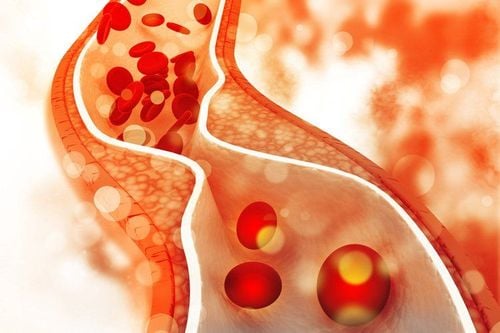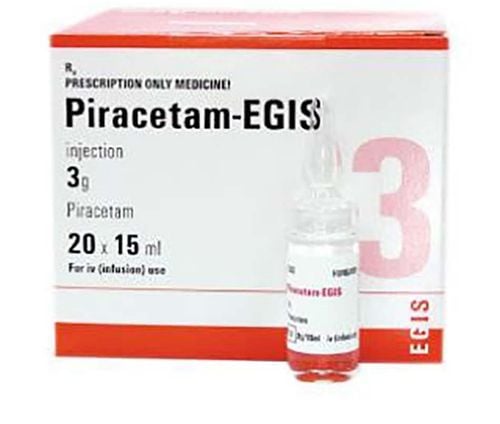This is an automatically translated article.
When it comes to cholesterol, most people associate it with a harmful substance. High levels of cholesterol can be dangerous, but cholesterol is also a substance necessary for maintaining the functioning of organs in the body. Discover 5 things about cholesterol to understand who is more susceptible to cholesterol-related diseases, which foods are high in them, and why cholesterol is sometimes not harmful.1. Exercise Can Raise Good Cholesterol

Duy trì lối sống khỏe mạnh là biện pháp ổn định cholesterol
2. Cholesterol increases after menopause
Before menopause, estrogen helps to keep cholesterol levels in the body. However, after a woman's menstrual cycle, estrogen levels drop, causing bad cholesterol to rise sharply. As cholesterol levels increase, it also increases the risk of heart problems in many women.3. Cholesterol levels may be too low

Chỉ số cholesterol thấp ảnh hưởng xấu đến sức khỏe
Studies show that some pregnant women with low cholesterol are more likely to give birth prematurely. Low cholesterol has even been linked to anxiety and depression.
4. Children can also have cholesterol
Most people think that excess cholesterol is a problem of older people. However, research shows that atherosclerosis, the narrowing of the arteries that leads to a heart attack, can start as early as eight years old.Being overweight or having a family history of heart disease can be the cause of a child's high cholesterol levels. Therefore, it is important to have a medical examination done as soon as possible and keep your diet in check.
According to research by the American Academy of Pediatrics, it is recommended that children who are overweight, have high blood pressure, or have a family history of heart disease have their cholesterol checked at age two. Therefore, children with hypercholesterolemia should limit foods containing saturated fat, specifically, reduce to 7% of calories and consume no more than 200mg of cholesterol per day. In addition, children should add fiber and exercise regularly.
5. Food should and should not be used
Foods to useVegetables: Vegetables, water spinach, spinach, cucumber, melon, spinach, jute vegetables, zucchini, pumpkin, melon, bean sprouts, bamboo shoots, carrots, chayote oysters, chayote... Less sweet fruits: Plums, grapefruits, peaches, oranges, tangerines, pears, apples, dragon fruit, watermelons. Rice and tubers: About 200-250 g/day. Beef, lean pork, chicken (skinless), low-fat fish. Soy milk, tofu, tofu. Foods that should be limited
Rice, potatoes, other grains: Maximum 3 bowls of rice/day. Sugar, confectionery, soft drinks. Too sweet fruits: Banana, jackfruit, custard apple, lychee, longan, mango. Sweetened condensed milk. Eggs of all kinds: 1-2 eggs/week. Foods that should not be eaten
Visceral organs: Brain, heart, liver, kidney, stomach, pork sausage: Fatty meat, animal fats, coconut oil, palm oil; Butter, cheese, chocolate; Whole milk powder. When preparing food, you should increase steamed and boiled dishes, and limit stir-frying and frying.
Please dial HOTLINE for more information or register for an appointment HERE. Download MyVinmec app to make appointments faster and to manage your bookings easily.













